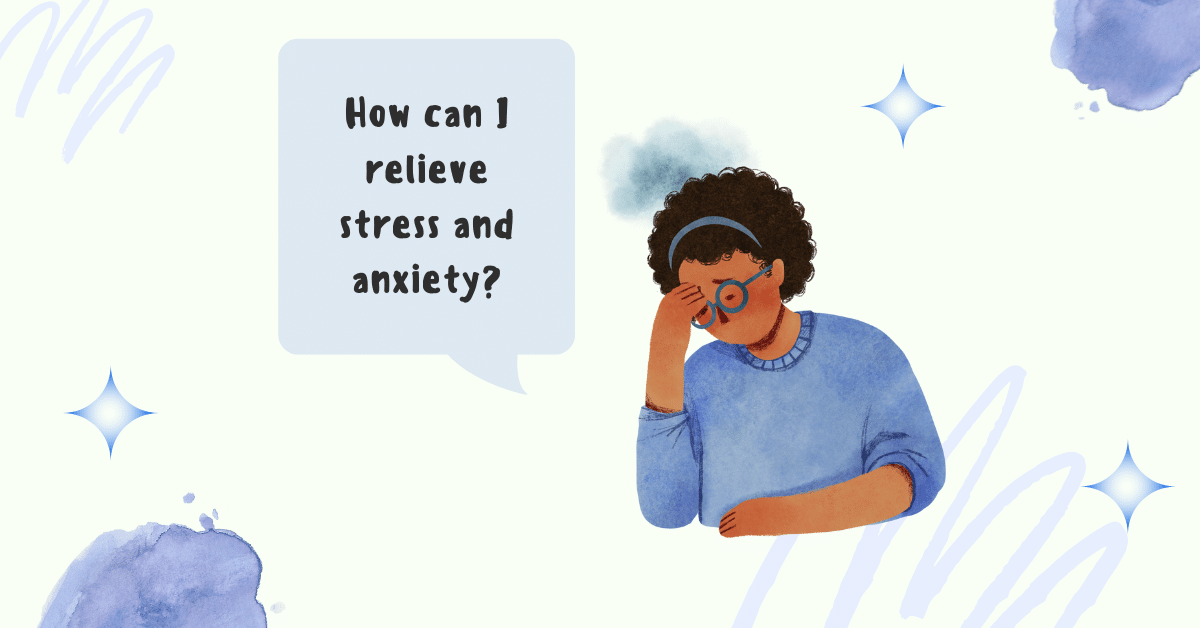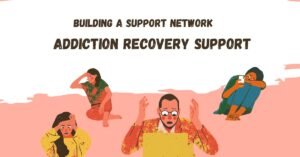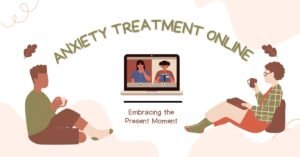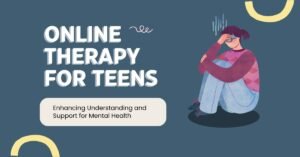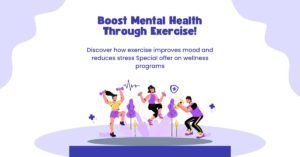The COVID-19 pandemic changed life for many people in the United States. The world paused for a while, and now that it’s opening back up, many are struggling to adjust. Post-pandemic stress management is important for everyone as they return to normal life. Finding new ways to deal with stress, anxiety, and mental health challenges is key to helping people regain their footing. This article will explore easy-to-understand strategies for managing stress, such as coping mechanisms, anxiety relief methods, and resilience-building, that can help you thrive in this post-pandemic world.
What is Post-Pandemic Stress?
Post-pandemic stress refers to the ongoing worries, anxiety, and emotional difficulties people may experience after the pandemic. While the immediate health crisis may have lessened, its emotional and mental toll remains for many. Whether it’s due to losing loved ones, job instability, social isolation, or health concerns, the effects are still felt today.
Post-pandemic stress management focuses on finding ways to ease that burden. It’s about adjusting to a new normal and learning how to feel secure and positive again. This stress can show up as anxiety, sleep problems, difficulty concentrating, or feeling overwhelmed by normal daily tasks.
Coping Mechanisms for Stress
Developing healthy coping mechanisms is a great first step toward reducing stress. Here are a few simple strategies you can try:
- Deep breathing: In moments of stress, taking deep, slow breaths can calm your body and mind.
- Physical activity: Even a short walk outside can help reduce tension and improve your mood.
- Creative outlets: Painting, drawing, journaling, or other hobbies that you enjoy can serve as positive distractions and help you unwind.
These are simple ways to manage stress day-to-day. Finding what works best for you and making it a part of your routine can lead to long-term stress relief.
Prioritizing Mental Health After COVID-19
The pandemic shone a light on the importance of mental health. Now, more than ever, people are encouraged to take care of their minds just as much as their bodies. After the pandemic, it’s important to focus on self-care and seek help if needed.
Some ways to improve mental health include:
- Talking to someone: Whether it’s a close friend, family member, or mental health professional, sharing your feelings can ease some of the weight on your mind.
- Practicing mindfulness: Mindfulness involves focusing on the present moment. Paying attention to your thoughts, feelings, and surroundings can help you stay grounded.
- Limiting news consumption: Constantly hearing negative news, especially related to the pandemic, can increase stress and anxiety. It’s okay to take a break from the news to protect your mental health.
Services like those provided at Passages WV offer valuable support, whether you’re struggling with long-term mental health effects or just need a little guidance adjusting to post-pandemic life.
Anxiety Relief Strategies
Anxiety is one of the most common effects of post-pandemic stress. The uncertainty, changes, and loss caused by the pandemic have left many people feeling anxious. There are a few strategies that can help bring anxiety relief:
- Progressive Muscle Relaxation: This involves tensing and relaxing muscle groups in your body, which can help reduce physical tension caused by anxiety.
- Guided Imagery: Closing your eyes and picturing a peaceful, calm place (like a beach or a forest) can reduce anxiety in the moment.
- Staying active: Exercise helps release chemicals in the brain that improve mood and reduce stress.
These techniques, when practiced regularly, can be incredibly effective for anxiety relief. They can help reduce the immediate effects of anxiety and lead to a greater sense of calm over time.
Stress Reduction Techniques
Managing stress effectively can improve both physical and mental health. Stress reduction techniques can ease the burden of post-pandemic life. Here are a few techniques to try:
- Set small, realistic goals: Don’t overwhelm yourself by trying to tackle everything at once. Breaking things down into smaller tasks can make life more manageable.
- Take breaks: It’s okay to take a pause when you’re feeling overwhelmed. Step away from the situation, go for a walk, or spend time doing something you enjoy.
- Sleep well: Good sleep is crucial for managing stress. Aim for 7-9 hours of sleep each night, and create a relaxing bedtime routine to help you wind down.
These simple techniques can make a huge difference in your daily life. Incorporating them into your routine can help you manage stress more effectively.
Building Resilience
Resilience building is about learning how to recover and bounce back from difficulties. The pandemic has certainly been a difficult time, but with resilience, you can move forward with strength and confidence. Here are some tips for building resilience:
- Focus on what you can control: While there’s a lot in the world that’s out of our control, focusing on the things you can control can reduce stress.
- Stay positive: Try to focus on the good things happening in your life, no matter how small. Practicing gratitude can help shift your mindset toward the positive.
- Stay connected: Resilient people often have strong support systems. Reach out to friends, family, or even your community for support when you need it.
Building resilience is about creating a mindset that allows you to navigate life’s challenges more easily. It’s about learning how to adapt and recover from difficult situations, like the one caused by the pandemic.
Incorporating Stress Management Into Your Daily Routine
Building new habits takes time, but the benefits of post-pandemic stress management are worth the effort. Here are some ways to integrate these strategies into your daily life:
- Start your day with mindfulness: Spend five minutes practicing deep breathing or mindfulness meditation before you begin your day.
- Take regular breaks: Whether it’s during work or home tasks, short breaks help reduce stress and keep your energy up.
- Create a bedtime routine: Reduce your screen time before bed, read a book, or listen to calming music to help you relax and sleep well.
By creating a daily routine that prioritizes stress management, you can build resilience and stay mentally strong. Even small steps can lead to a significant improvement in how you handle post-pandemic stress.
Why Passages WV?
At Passages WV, we understand the challenges that come with post-pandemic stress. Our services are designed to help you regain balance and feel confident in managing your mental health. Whether you need professional counseling, mental health support, or simply guidance on coping mechanisms, we are here for you. Visit our website to learn more about how we can support you on your journey to wellness.
Conclusion
As we move forward from the pandemic, it’s important to prioritize mental health and well-being. Post-pandemic stress management is essential in helping Americans rebuild their lives. By implementing coping mechanisms, practicing stress reduction techniques, and building resilience, you can navigate these challenging times with greater ease. For those in need of additional support, services like those offered at Passages WV are here to guide you. Let’s work together to create a healthier, stress-free future.

